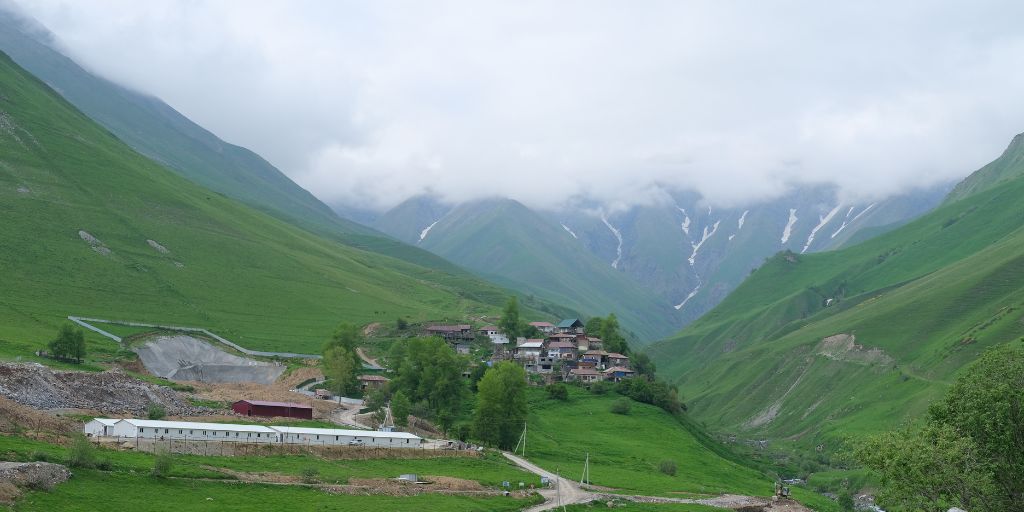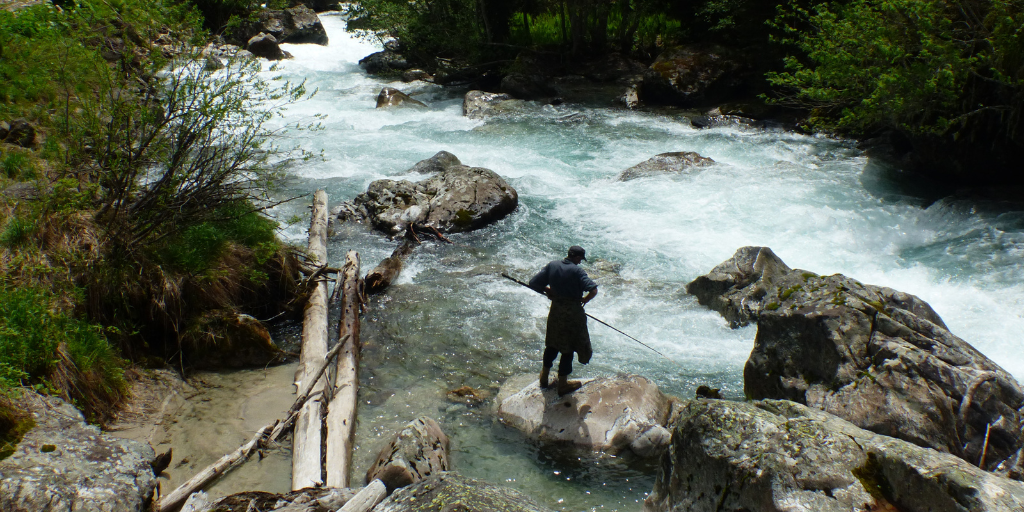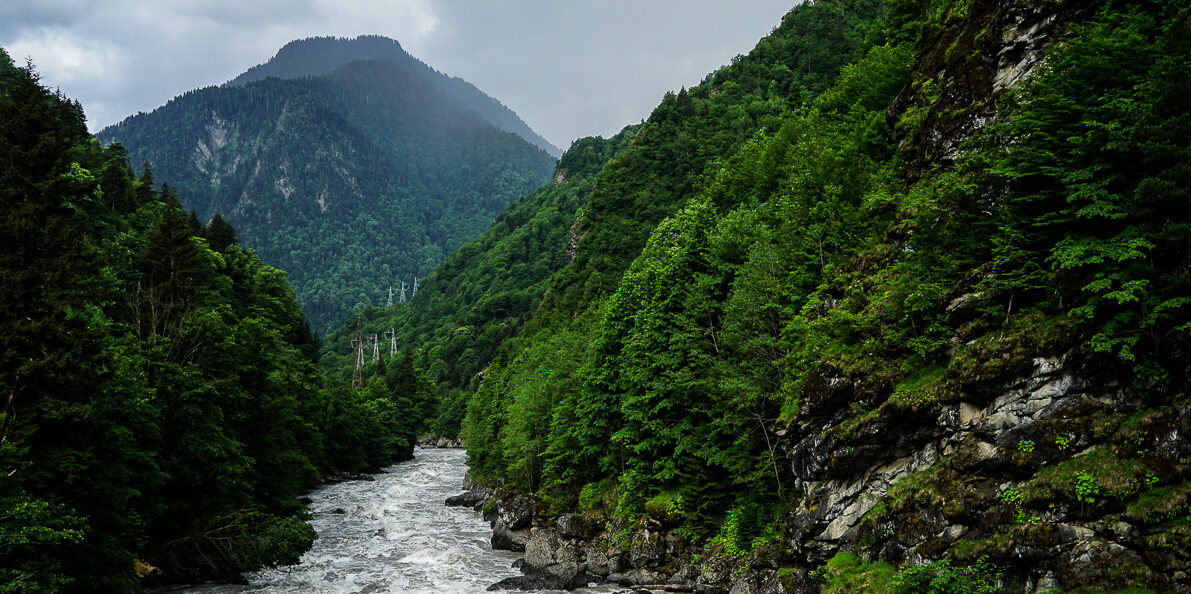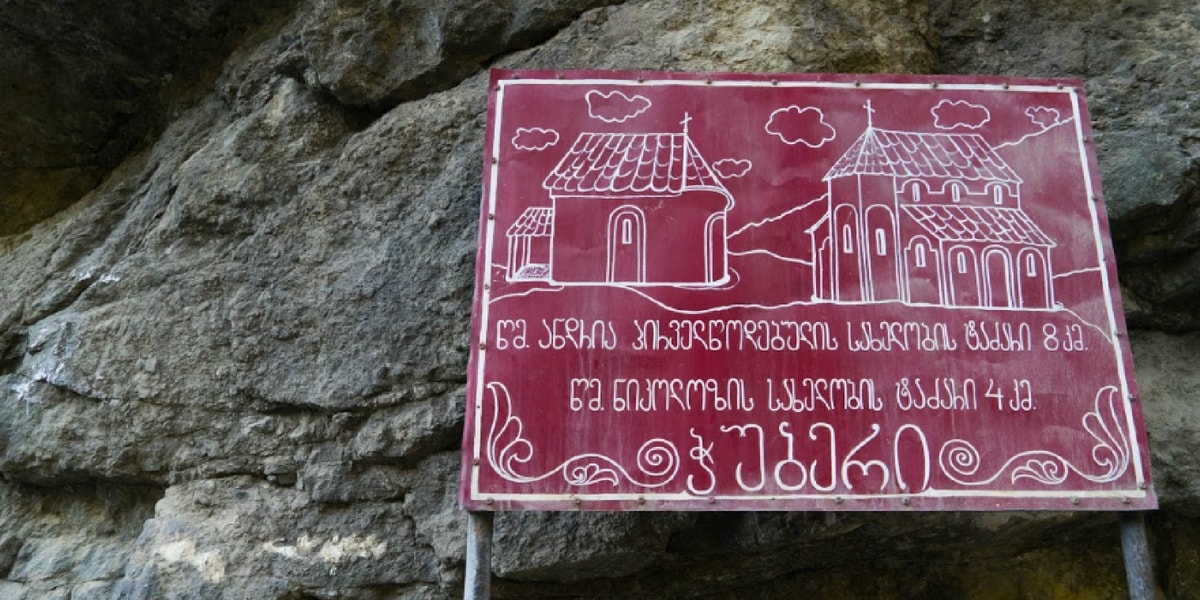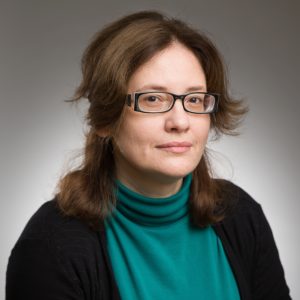
Strategic Area Leader - Democratization and Human Rights
Email: manana AT bankwatch.orgTel.: +995-599-91 66 47
Manana joined Bankwatch in 1998 and works as Regional Coordinator for the Caucasus since 2002. As the founder of the Tbilisi-based environmental group Green Alternative, Manana is the group’s chairwoman as well as IFI program coordinator.
In 2004 Manana was honoured with a coveted Goldman Environmental Prize in recognition of her campaigning work on the controversial Baku-Tbilisi-Ceyhan pipeline.
Manana graduated in 1994 with an MSc degree in Biology from Tbilisi State University. She is the author of several reports and other publications focusing on environmental problems."
More from Manana Kochladze
The Georgian Road to Russia: when everything goes south
August 3, 2023 | Read more
The North-South Corridor, widely promoted by international financial institutions, aims to facilitate the transport of goods as the ‘only land access to the Russian Federation’, as well as to Iran, Armenia and Azerbaijan, running through Georgia. Yet the project impacts the cultural heritage of picturesque landscapes in Georgia without answering the major question raised Georgian taxpayers – why should they pay for a new road to Russia, a country that does not have diplomatic relations with Georgia, has occupied Georgian territories, and presents one of the major obstacles to Georgia’s European future?
International financial institutions’ support for hydropower in Central Asia and Caucasus is fuel for environmental damage and human rights violations.
The never ending saga of the Nenskra HPP
September 17, 2020 | Read more
The Nenskra HPP is one of 35 hydropower plants slated for development in Upper Svaneti, a region roughly one-and-a-half times the size of Luxembourg.
Nenskra Hydro Project – Update
June 29, 2018 | Read more
The Asian Infrastracture Investment Bank is considering a non-sovereign loan of USD 100 million for a 280 MW reservoir-type hydropower plant, located in the Nenskra and Nakra valleys of Northwest Georgia. We would like to provide information about new developments that the AIIB should consider as part of its due dillgence on the project.
Nenskra hydropower project – May 2018 update
May 10, 2018 | Read more
The banks have a responsibility to ensure that when they make an investment, they mitigate and avoid situations that put persons at risk. The Nenskra dam in Georgia is one example where the lack of proper environmental and social assessment can potenti
